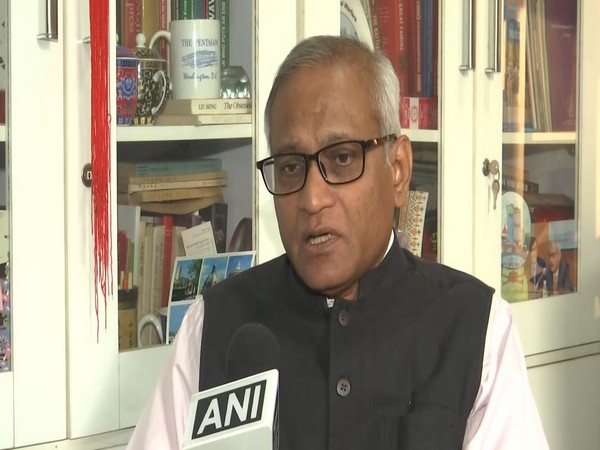Historic Modi-Xi Meeting Signals Shift Toward Peaceful Relations
Jawaharlal Nehru University Professor Srikanth Kondapalli praised the recent meeting between Indian PM Narendra Modi and Chinese President Xi Jinping as a positive step in mending bilateral relations strained since the 2020 Galwan incident. The leaders discussed resuming patrols along the Line of Actual Control and addressing regional tensions.

- Country:
- India
The meeting between Prime Minister Narendra Modi and Chinese President Xi Jinping, held on the sidelines of the BRICS Summit in Kazan, Russia, has been hailed as a significant stride toward mending strained bilateral relations. Srikanth Kondapalli, a Professor in Chinese Studies at Jawaharlal Nehru University, described the encounter as a 'positive' move that realigns the two countries' diplomatic relations following a four-and-a-half-year military standoff precipitated by the 2020 Galwan incident.
The dialogue marked the first formal interaction between the two leaders in five years and came after India and China agreed to resume regular patrolling along the Line of Actual Control (LAC) in eastern Ladakh. Kondapalli noted that both nations, facing economic and strategic challenges, have recognized the need for an understanding on border management, particularly in light of China's domestic economic downturn and India's infrastructural enhancements in the Trans-Himalayan region.
While the Chinese media's initial response to the meeting was lukewarm, there was a significant shift after Indian Foreign Secretary Vikram Misri announced the agreement. Despite the lack of a joint statement, India's announcement of the deal, endorsed by China, suggests cautious optimism. Experts highlight the importance of monitoring progress on the ground to ensure that agreements on patrolling and disengagement are effectively implemented.
(With inputs from agencies.)
ALSO READ
R Systems International: A Global Leader Recognized as Great Place To Work®
New Black Sea Initiative: A Fresh Maritime Agreement
Signal Slack: Insider Details Spark Uproar in Trump's Oval Office
Impressive Placement Results at XLRI: A Testament to Student Excellence
Chandrababu Naidu Vows Completion and Justice for Polavaram Displaced Families










